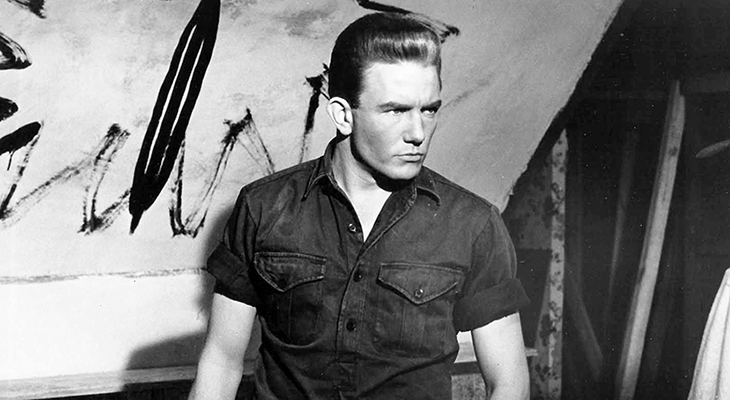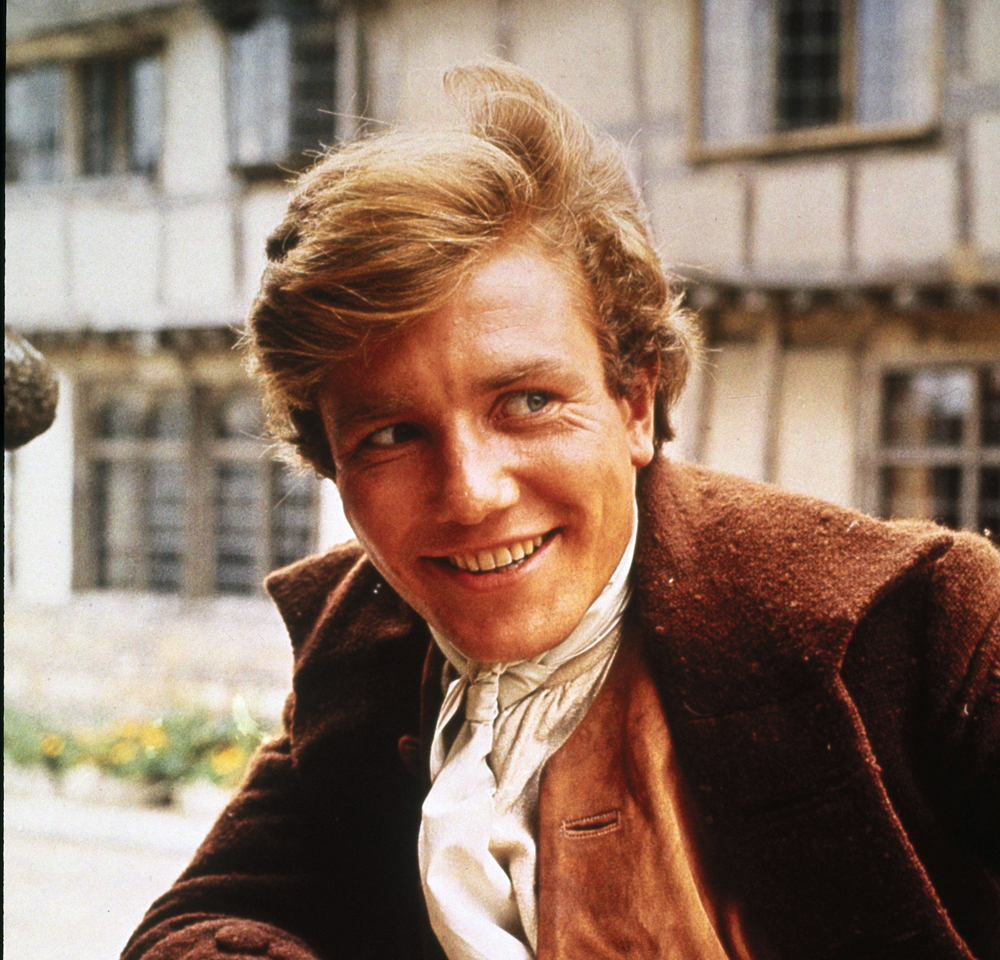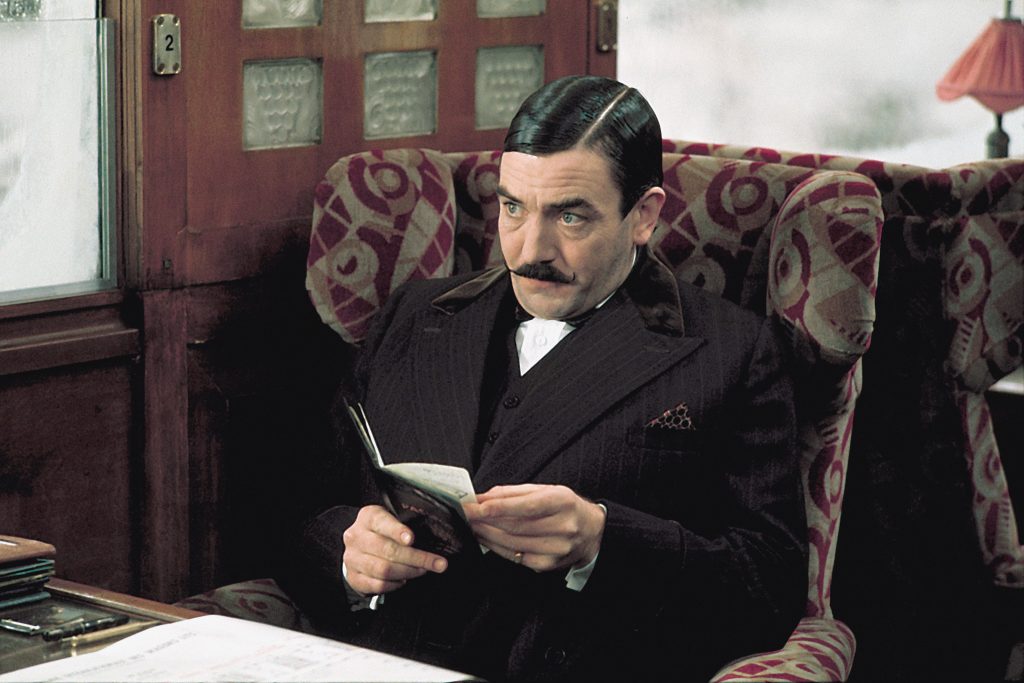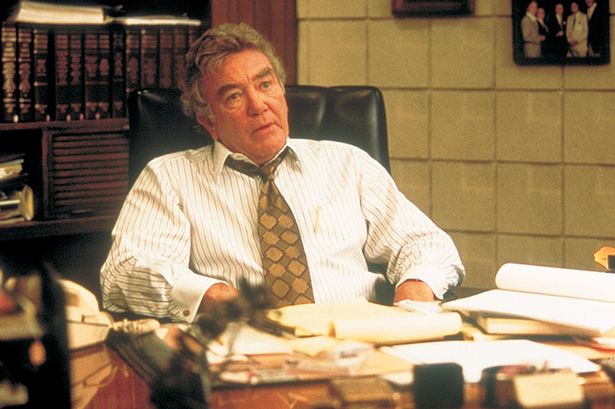Five-time Oscar nominee Albert Finney died Friday at 82, a family statement read:
"Albert Finney, aged 82, passed away peacefully after a short illness with those closest to him by his side. The family request privacy at this sad time."
Born May 9, 1936, in Charlestown, Pendleton, England, Finney was a student at the Royal Academy of Dramatic Art and a Shakespearean actor whose London debut, in 1958, was in the play The Party, directed by Charles Laughton (1899-1962). He replaced Laurence Olivier (1907-1989) in Coriolanus in 1959.

After some early TV appearances, he soon after embarked upon a spectacular film career that was launched by a performance in The Entertainer (1960). That performance and others led to his status as a Free Cinema figure, and his breakout work in that same year's Saturday Night and Sunday Morning found him dubbed cinema's "angry young man."

A hot commodity, he tested for the lead in Lawrence of Arabia (1962) and had the part, but turned it down due to a restrictive, multi-year contract that came attached. He instead appeared in Tom Jones (1963), another big hit in its own right, and his first Oscar nomination.
He acted in five more films in the '60s, including in the title role of Charlie Bubbles (1968), the only feature film he ever directed.

He appeared in only seven films in the following decade, including as Hercule Poirot in one of his most beloved and lauded performances, in 1974's Murder on the Orient Express. He was nominated for the Oscar for the role, which very nearly typecast him it was so convincing.
His '80s work was varied, including the commercially-driven [werewolf thriller Wolfen; tech cautionary tale Looker, written and directed by Michael Crichton (1942-2008), both 1981; Daddy Warbucks in Annie (1982)] and artistically adventurous [Alan Parker's (b. 1944) Shoot the Moon (1982); his third and fourth Oscar-nominated performances in The Dresser (1983) and Under the Volcano (1984)].
Some of Finney's finest later work was on TV, including in such BBC productions as The Green Man (1990), A Rather English Marriage (1998) and in the HBO drama The Gathering Storm (2002), in which his portrayal of Winston Churchill (1874-1965) brought him BAFTA and Emmy Awards.

In 2000, Finney made his greatest late-career impression as Ed Masry in the critical and popular hit Erin Brockovich, which earned him his fifth and final Oscar nomination — and left him 0 for 5 with the Academy. No matter — he avoided the ceremony, considering it "a waste of time," and also swatted down a proffered knighthood, which he felt snobbish.
After a run on the British TV series My Uncle Silas (2001-2003), he went on to appear, in various capacities, in the films Big Fish (2003), The Bourne Ultimatum (2007), The Bourne Legacy (2012) and his final film, 2012's Skyfall.
Throughout his screen career, Finney continued his work on the stage, receiving Tony nominations for Luther (1964) and A Day in the Death of Joe Egg (1968); received great acclaim in The Biko Inquest (1984), a production he would then direct for TV; and won an Olivier Award for Orphans (1986). His last stage appearance was in the London production of Art (1997).
Finney married three times: to actress Jane Wenham (1927-2018), actress Anouk Aimée (b. 1932) and Pene Delmage, his wife since 2006. He is survived by his wife and by his son Simon (with Wenham).





